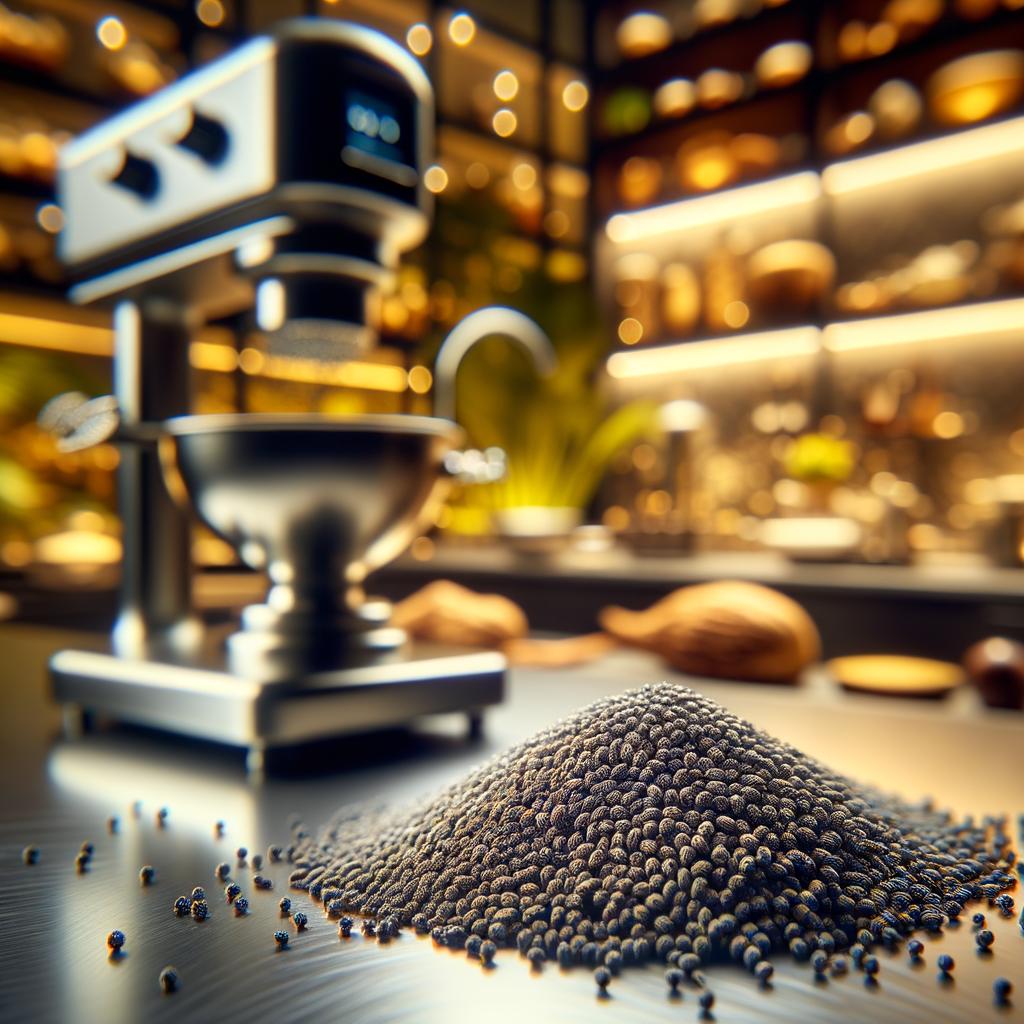Sesame Seeds or Poppy Seeds

Description
Poppy seeds, the tiny, kidney-shaped seeds, have been revered as a culinary and medicinal ingredient for centuries. Their appearance is as intriguing as their history, with a glossy surface that ranges in color from bluish-grey to dark black. These minuscule seeds have a firm, crunchy texture, and when bitten into, they release a slightly nutty, somewhat sweet flavor that is beautifully subtle. What sets poppy seeds apart from similar ingredients is their rich oil content and the distinctive texture they lend to dishes, providing a delightful crunch that is both surprising and satisfying.
Primary Uses
Poppy seeds are a versatile ingredient used in a variety of cuisines around the world. In Indian cooking, they are often ground into a paste and used to thicken sauces, while in Central Europe, they are a key component in sweet pastries, breads, and desserts. Their delicate, nutty flavor and delightful crunch make them a popular addition to salad dressings, and they are often sprinkled onto bagels and breads for added texture and taste. Beyond their culinary uses, poppy seeds have been used in traditional medicines for their potential analgesic properties, and they hold cultural significance in various societies, often symbolizing fertility and prosperity.
History
The history of poppy seeds dates back to ancient civilizations, with archaeological evidence suggesting their use over 3,000 years ago. They were cultivated in Mesopotamia and were used by the Egyptians in their cooking and medicines. Over time, their use spread across Europe, Asia, and the Americas, evolving with each culture's unique culinary traditions. Poppy seeds have been associated with various myths and folklore; in many cultures, they were considered a symbol of deep sleep and oblivion, likely due to the opium derived from a different part of the same plant.
Nutritional Information
Despite their small size, poppy seeds pack a nutritional punch. They are an excellent source of dietary fiber and contain a variety of minerals like calcium, phosphorus, and iron. They also provide a good amount of healthy monounsaturated fats. The seeds are rich in oleic acid, which has been associated with improved heart health. When compared to sesame seeds, poppy seeds contain less protein, but they make up for it with higher levels of certain minerals like calcium and iron. As with all foods, moderation is key, as the seeds are also high in calories and can contribute to weight gain if consumed in large amounts.

